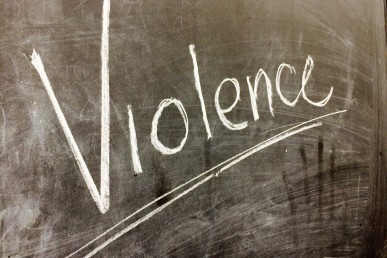Summit aims to decrease targeted violence
 Federal, state and local government officials, along with representatives from the academic, nonprofit and private sectors, developed a blueprint for reducing targeted violence during a recent summit in Chicago, hosted by the UIC College of Medicine’s department of psychiatry and the Rutgers Institute for Emergency Preparedness and Homeland Security.
Federal, state and local government officials, along with representatives from the academic, nonprofit and private sectors, developed a blueprint for reducing targeted violence during a recent summit in Chicago, hosted by the UIC College of Medicine’s department of psychiatry and the Rutgers Institute for Emergency Preparedness and Homeland Security.
Over the past 15 years, targeted violence has increased in frequency and lethality, according to the report. It is often aimed at public places, such as schools and houses of worship, and is often perpetrated by individuals and groups whose beliefs they do not share with others. Threats posed by targeted violence affect the community as a whole.
Preventative measures and responses to violent attacks have frequently focused on enhanced surveillance or investigation of specific ethnic and religious communities. Although effective in some cases, this focused approach has also led to mistrust of law enforcement and reduced information-sharing between the police and the communities that may be able to identify threats and prevent attacks, the report said.
The report identified several ways to reduce targeted violence:
• Form a community-based multidisciplinary team of mental and public health experts, religious and education leaders to identify at-risk behaviors of individuals.
• Provide options other than criminal prosecution of individuals who have been identified by community leaders and law enforcement as being potentially dangerous.
• Develop an intervention program, diverting individuals from an apparent path of violence.
• Use the expertise of law enforcement, community members, religious leaders, health professionals and legal experts to develop a strategy to rehabilitate at-risk individuals and reintegrate them into society.
• Establish a partnership between the community and law enforcement founded on inclusiveness, trust and transparency and focused on shared goals, rather than impose a ready-made solution from outside the community.
“Individuals within a community, friends, family, teachers and religious leaders may be in the best position to recognize changed or concerning behavior,” said Stevan Weine, professor and director of UIC’s Global Health Research Training.
